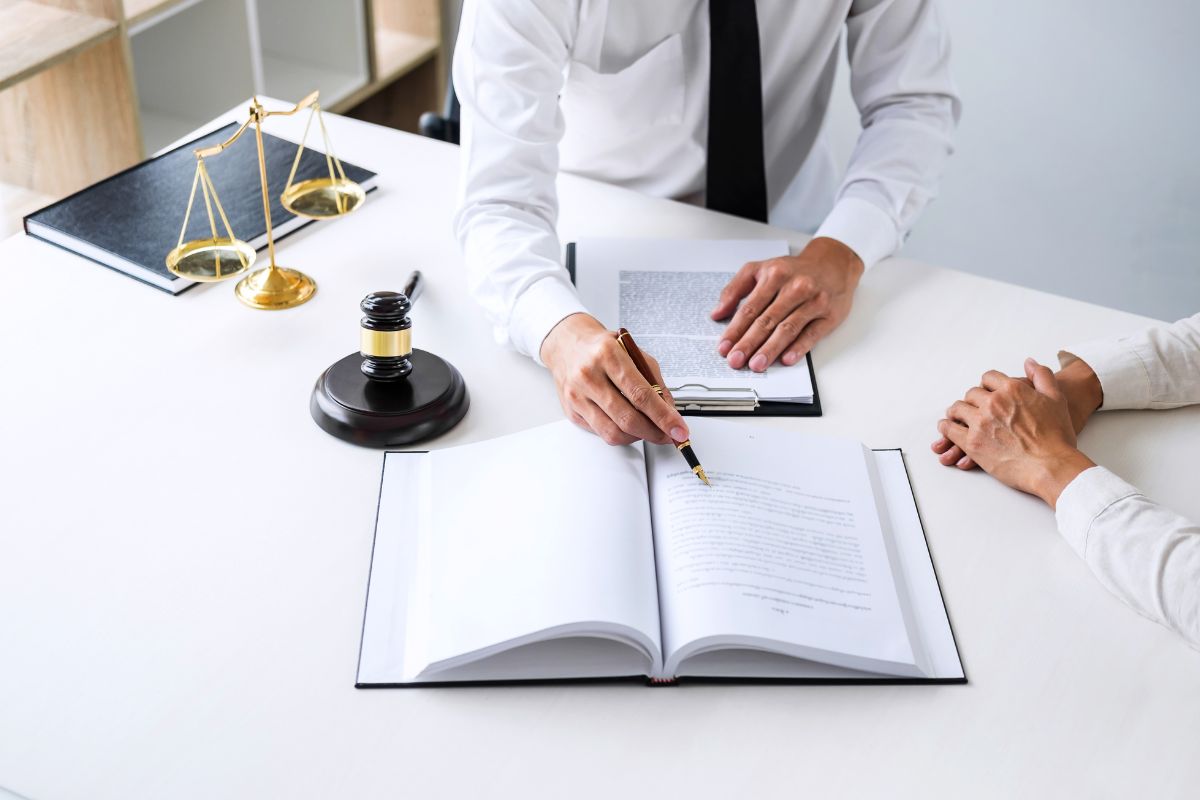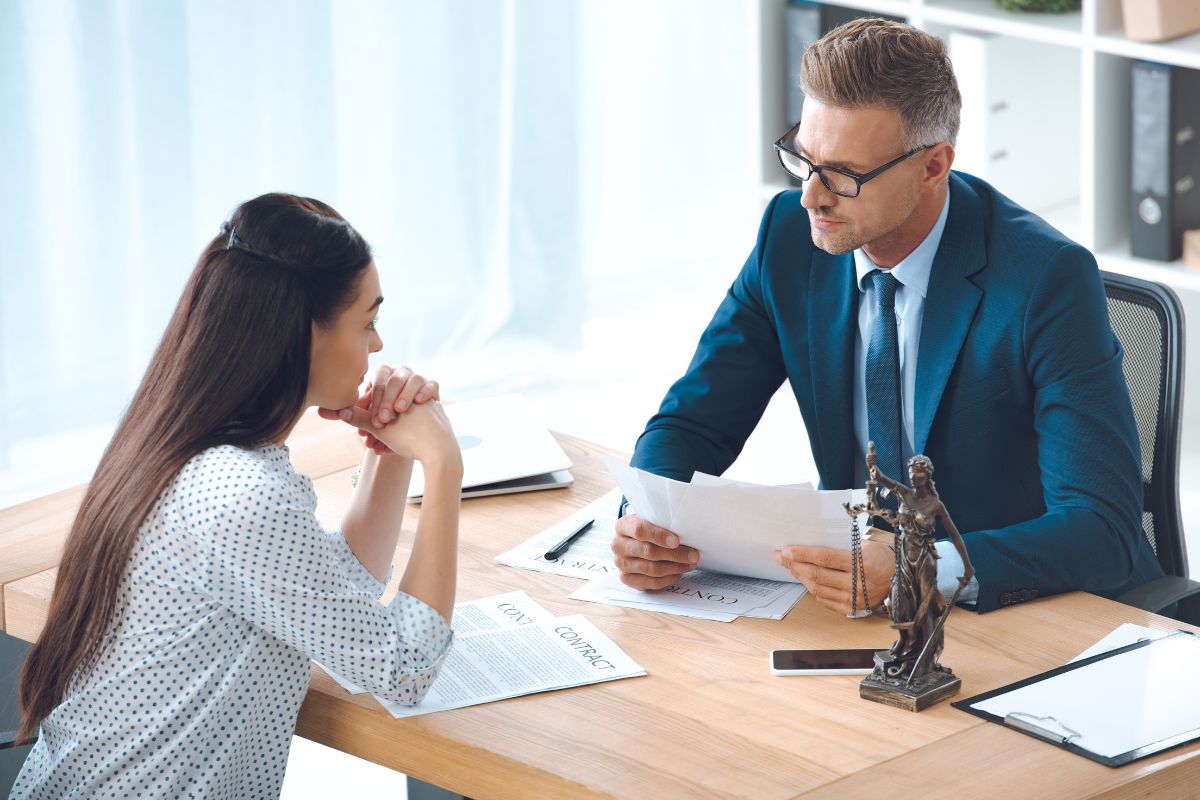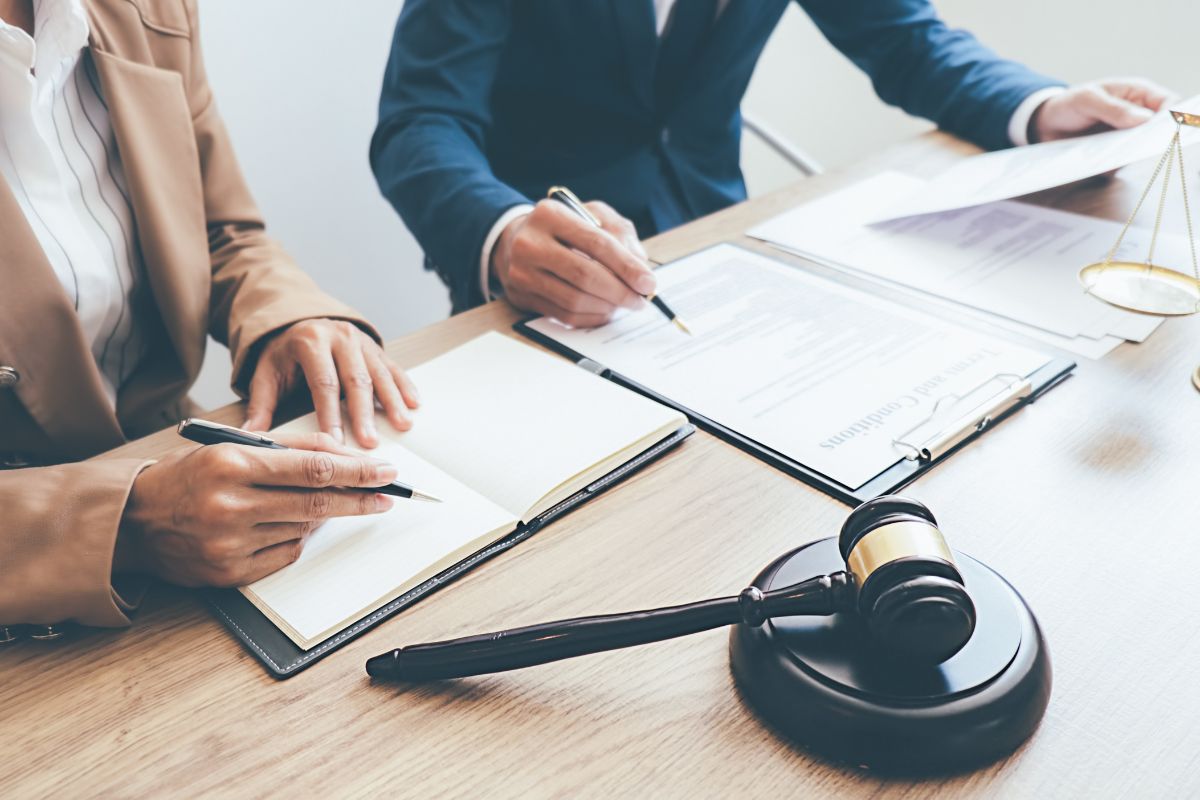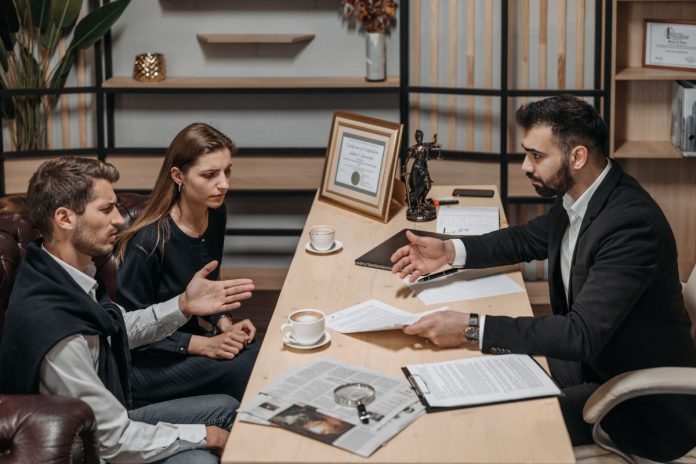A whopping 684,000 individuals die from falls across the globe every year, according to the World Health Organisation(WHO). 1 in 4 older adults report falling every year.
From older adults to workers, falls have become one of the leading causes of death whether at home or at work, and one is left to wonder how a simple stumble can lead to a serious issue.
Slip and fall accidents are often overlooked as minor issues, but the stats and reports tell a different story, Joe Lemus says. Aside from death, there have been cases of twisted ankles, broken bones, sprains and bruises, concussions, and many more.
If you are experiencing any pain or hurt from a fall, you might want to consider getting a lawyer to walk you through the process and ensure you get the right compensation. Don’t know how to get the right lawyer?
A renowned lawyer based in Attleboro, Joe Lemus provides tips for finding the lawyer that will best represent you and help you navigate the hurdles that might come up during the case.
Why You Need a Slip-and-Fall Lawyer
Nothing beats hiring a competent lawyer who can ensure you are duly compensated. Jeo Lemus explains that an attorney can help you:
Understanding Your Rights


Slip-and-fall laws vary and it can be challenging to determine your exact rights without legal expertise. A worker who had a slip and fall accident is different from a trespasser or an invitee and this means compensation will be different as well.
A lawyer will help you understand your status, and laws guiding the community that apply to your case and assess whether you have a valid claim.
Gathering Evidence
Proving negligence in a slip-and-fall case requires compelling evidence. A lawyer can assist you in gathering crucial evidence, such as photographs, witness statements, and medical records, to strengthen your claim.
Handling Legal Procedures
The legal process can be complex and time-consuming. A lawyer can handle the paperwork, deadlines, and court appearances, allowing you to focus on your recovery.
Maximising Compensation
Slip-and-fall lawyers are experienced in calculating the full extent of your damages, including medical expenses, lost wages, pain and suffering, and other losses. They can help you pursue the maximum compensation you deserve.
Choosing the Right Lawyer
When selecting a slip-and-fall lawyer, Joe Lemus provides these tips to help you pick the right advocate you need for the case. “These attorneys are experts in premises liability law, which governs cases where someone is injured on another person’s property due to hazardous conditions.
Common examples include slipping on wet floors, uneven pavement, poorly lit areas and many more,” Joe Lemus explains. However, you need a good lawyer in your corner and these are expert tips to finding one.
1. Research Lawyers with Experience in Slip-and-Fall Cases
Not all personal injury lawyers handle slip-and-fall cases. You need someone with specific experience in this area. Start by researching lawyers who focus on premises liability, specifically slip-and-fall accidents. Look for the following:
Years of Experience: How long have they been handling slip-and-fall cases?
Track Record: What is their success rate in winning or settling cases similar to yours?
Client Reviews: Read client testimonials and reviews online to see what other clients have to say and their satisfaction level.


How to Do This
- Use online platforms like Avvo, Super Lawyers, or Martindale-Hubbell to filter lawyers based on their expertise and ratings.
- Check local bar association websites to find accredited lawyers in your area.
- Google searches can lead to informative blog posts and websites that often showcase case studies or results.
- If you know anyone who has been through a similar situation, ask them about their lawyer.
2. Look for Lawyers Who Offer Free Consultations
A free consultation allows you to evaluate the lawyer without any financial commitment. Use this opportunity to ask key questions about your case, assess their expertise, and assess their communication style. Great lawyers will take the time to explain the process to you and discuss potential outcomes understandably.
What to Ask During the Consultation
- Have you handled cases like mine before?
- What is your strategy for winning or settling a slip-and-fall case?
- What are the potential challenges my case could face?
- What are your fees, and how are they structured? (Most slip-and-fall lawyers work on a contingency basis, meaning they only get paid if you win.)
3. Evaluate Their Team and Network
Slip-and-fall cases often require expert witnesses, medical professionals, and accident reconstruction specialists to build a strong case. The best lawyers will have access to a network of these professionals.
They’ll also have the resources to conduct a thorough investigation, including visiting the accident scene, collecting evidence, and interviewing witnesses.
Things to Look For
Does the lawyer have a team of investigators, and experts to support your case? Are they known for handling cases promptly, or do they take on too many clients, causing delays?
4. Check Their Reputation and Standing
A lawyer’s reputation can tell you a lot about their competence. This can be measured in two ways: their standing within the legal community and their rapport with previous clients. Peer recognition from organizations like Best Lawyers in America or being listed in Super Lawyers often indicates a strong reputation.
Steps to Verify Reputation
- Visit websites like Lawyers.com or Avvo for peer and client reviews.
- Check if they’ve received awards or been recognized for excellence in personal injury or premises liability law.
5. Look for Transparent and Fair Fee Structures


As mentioned earlier, most slip-and-fall lawyers work on a contingency fee basis. This means they take a percentage of the compensation you receive. However, the percentage can vary, and some lawyers might also charge for case-related expenses like filing fees or expert witness fees.
Questions to Ask
- What percentage will you take if I win the case?
- Will there be any costs upfront?
- Are there any additional fees I should be aware of?
6. Trust Your Instincts
After meeting with potential lawyers, you’ll have a sense of their professionalism, knowledge, and communication style. You want someone who listens to your concerns, answers your questions clearly, and demonstrates confidence in their ability to handle your case. Trust your gut—if something feels off or you don’t feel comfortable with a lawyer, continue your search.
Conclusion
With the right attorney by your side, you increase your chances of receiving fair compensation for your injuries. Take your time to research, ask questions, and trust your instincts when making the final decision. After all, your choice of lawyer could greatly influence the outcome of your case!





